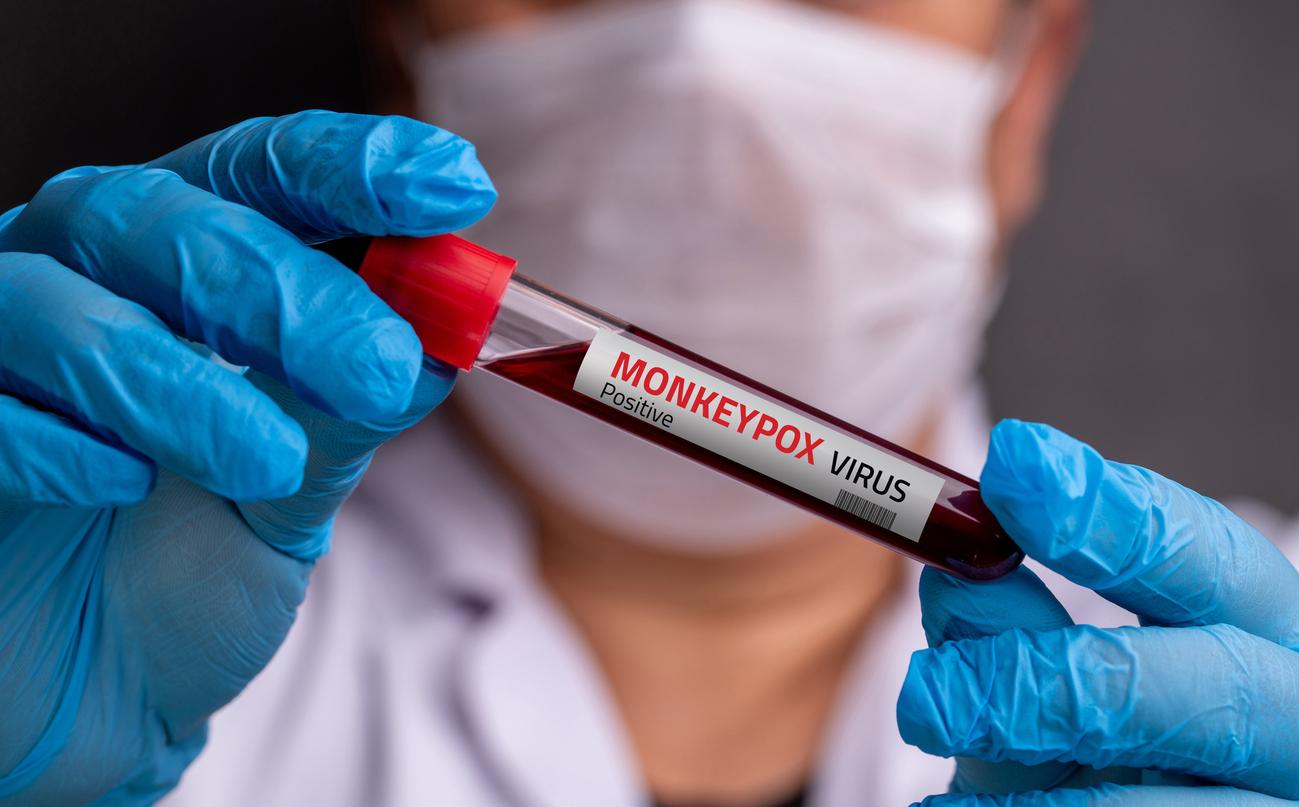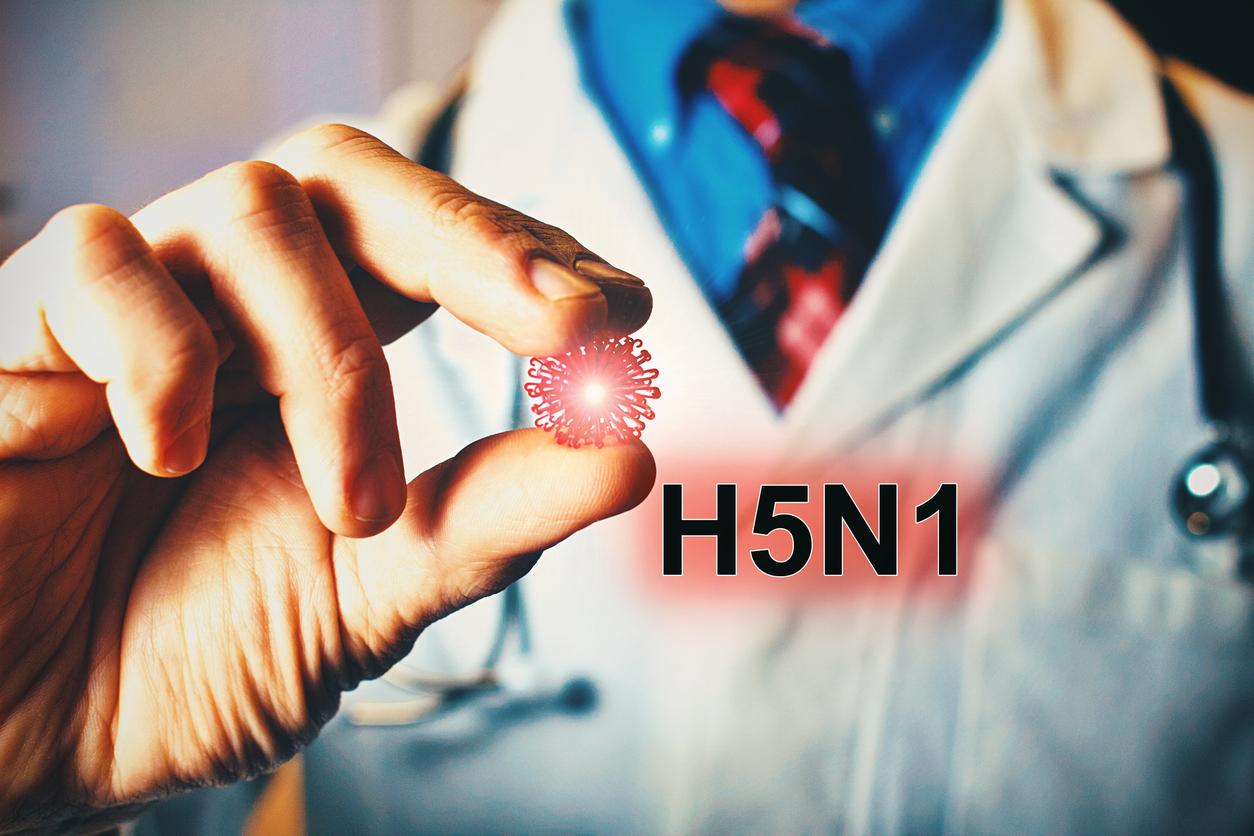A team of virologists from the University of California present promising phase 1 clinical results for a new “stable” oral polio vaccine. No such vaccine had been considered for 50 years.

- Researchers announce successful first tests of new polio vaccine
- It would be more stable on the vaccine used for 50 years
- Eradicated to 99%, poliomyelitis is still present in some African countries
Eradicated to 99% thanks to vaccination, poliomyelitis, an infectious disease which can lead to paralysis, persists in certain countries, notably in Ghana. To address this, clinical results led by virologist Raul Andino of the University of California, San Francisco are underway.
The goal is to develop an orally administered vaccine that is “stable”, i.e. incapable of developing the ability to cause disease in humans. The same researchers had indeed demonstrated in a study carried out in 2017 that to go from a harmless vaccine to a regional threat, the virus responded to three distinct phases of evolution.
Poliomyelitis is transmitted mainly by the faecal-oral route, that is to say that a person becomes infected when he puts in contact with his mouth things that have been soiled by faecal matter (finger, object, food). Once the person is infected, the virus multiplies in the intestine.
The phase 2 trial currently underway
Published this week in Cell Host and Microbe, the study presents the results of a phase 1 double-blind clinical trial conducted on 15 adult volunteers at the University of Antwerp (Belgium). The research is based on a genetic method established from long years of study of poliovirus biology. The idea was to re-engineer the vaccine to ensure its inability to take the three steps that make it so virulent.
The trial found the new polio vaccine to be both more stable and more effective than the 50-year-old Sabin vaccine from which it was derived. Specifically, the new vaccine allowed the participants to produce numerous antibodies against the polio virus and, despite shedding virus particles in their stool, these particles were unable to infect or cause paralysis in the mice.
“A phase 2 trial is currently underway and the World Health Organization is planning a phase 3 trial, hoping to expedite the development of the vaccine as an emergency measure to contain these derived polio outbreaks. of the vaccine,” says Raul Andino, who led the work.
.















